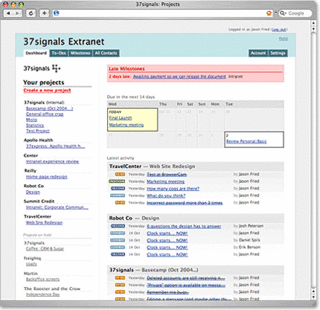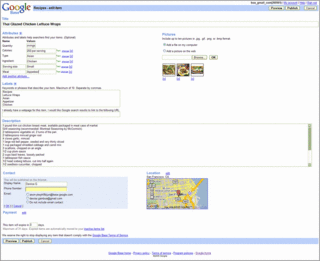What are Google's values?
1. Focus on the user and all else will follow.
* The interface is clear and simple.
* Pages load instantly.
* Placement in search results is never sold to anyone.
* Advertising on the site must offer relevant content and not be a distraction.
2. It's best to do one thing really, really well.
* Google does search.
* Gmail, Google Desktop, and Google Maps => bring the power of search to previously unexplored areas.
3. Fast is better than slow.
* Google believes in instant gratification.
4. Democracy on the web works.
* PageRank™ evaluates all of the sites linking to a web page and assigns them a value.
5. You don't need to be at your desk to need an answer.
* PDAs, wireless phones or automobiles.
6. You can make money without doing evil.
* relevant ads
* non-manipulative ads
7. There's always more information out there.
* images, PDF files, Microsoft Word, Excel and PowerPoint.
* HTML for mobile phones.
8. The need for information crosses all borders.
* restrict results to pages written in more than 35 languages.
* translation feature.
* Google's interface can be customized into more than 100 languages.
9. You can be serious without a suit.
* work should be challenging and the challenge should be fun.
* emphasis on team achievements and pride in individual accomplishments.
* ideas are traded, tested and put into practice.
* give the proper tools to a group of people who like to make a difference, and they will.
10. Great just isn't good enough.
* innovation and iteration.
* anticipate the needs and meet them with products and services that set new standards.
Google 10 things:
http://www.google.com/corporate/tenthings.html.



